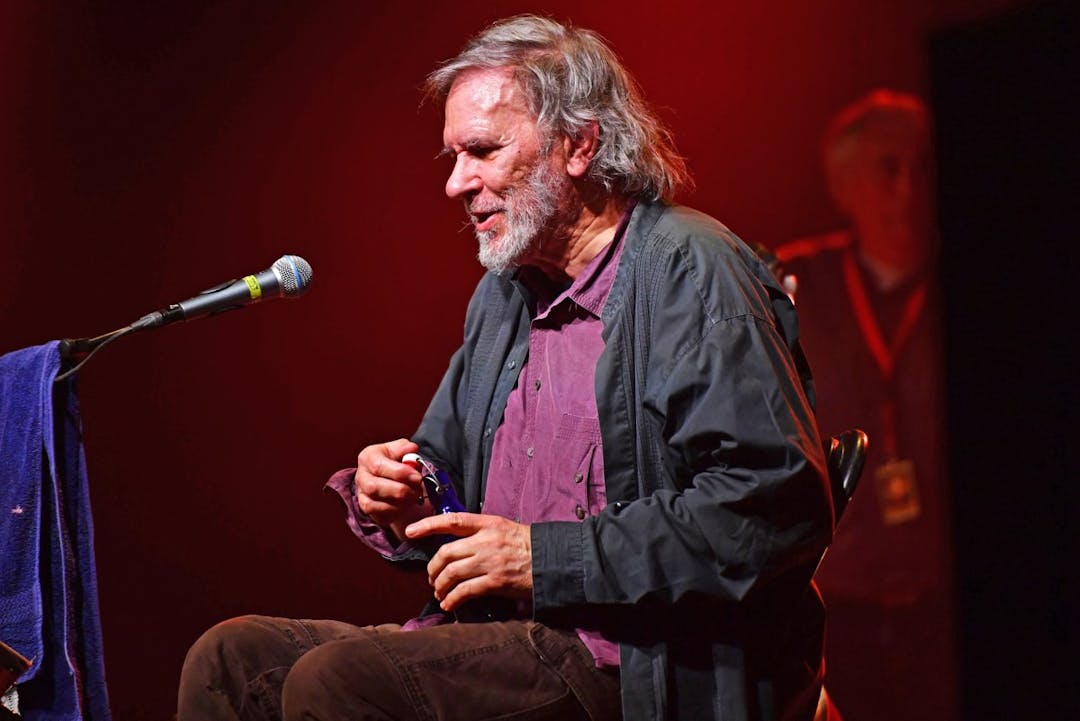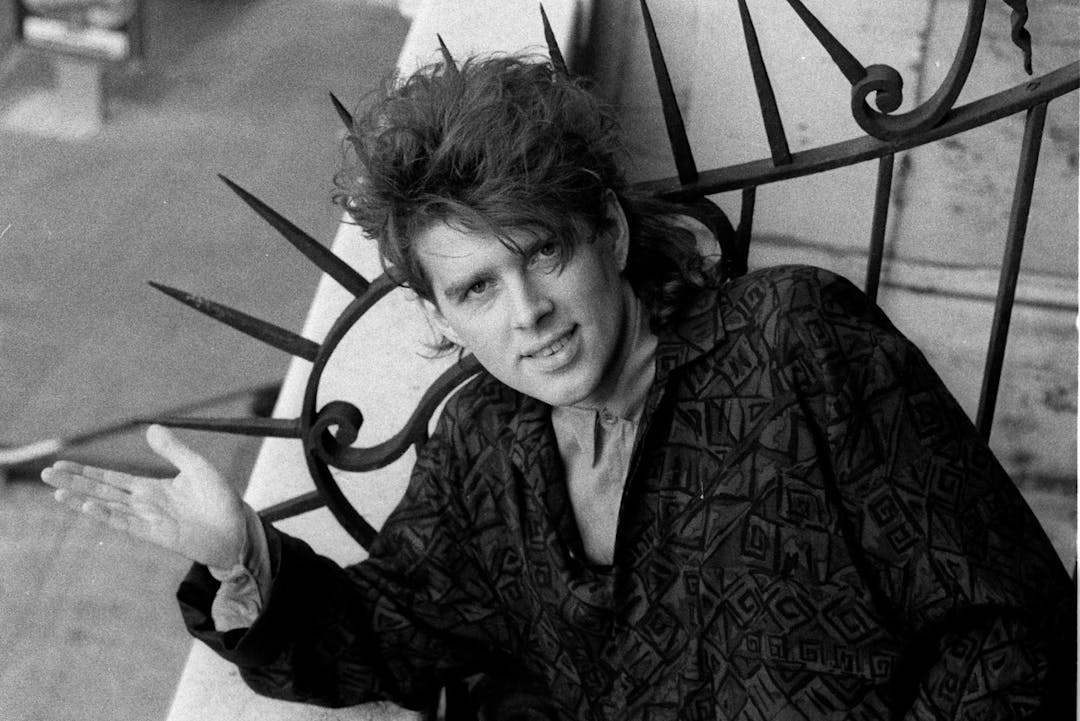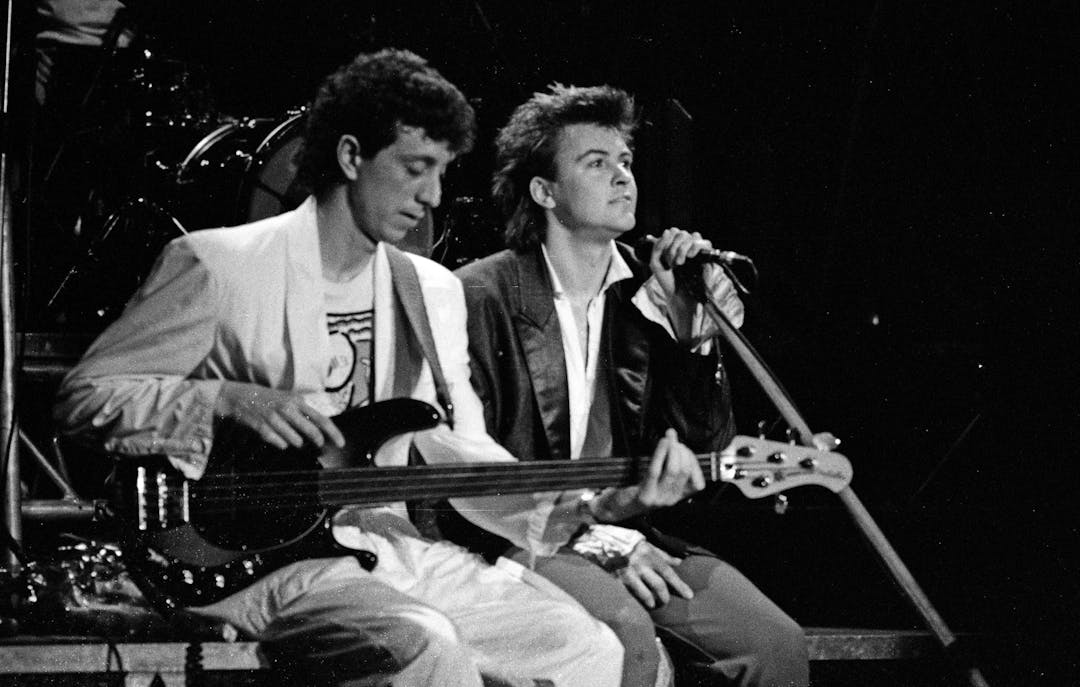
TAGTIK NEWS - TO THE POINT
According to the longest study in history, here's what really makes us happy (it's not money)

A full bank account? Robust health? Apparently, the key to happiness lies elsewhere… This was unveiled by a team of American researchers from Harvard University.
This is the longest study in history on the matter. But what is the true recipe for happiness? 724 people, 1300 descendants and… 80 years of analysis: Dr Robert Waldinger and Marc Schulz, from Harvard University, conducted this laborious study with the aim of identifying the foundations of human well-being and happiness.
Regularly, the researchers questioned participants about their family, their job, their health status. They also conducted brain scans, blood tests and performed autopsies on deceased patients. And as reported by the website Linternaute, it was after 75 years of rigorous monitoring that the two researchers and their teams were able to definitively dismiss all theories suggesting that money or fame made happiness.
Well connected
According to their results, individual fulfilment lies in an invisible aspect of our life, located in the strength and nature of the bonds we build with those around us. The researchers specify, in their book entitled The Good Life, that the study "shows that people more connected to their family, friends, and community are happier and physically healthier than those who are less". However, they emphasise that these relationships alone aren't enough to fulfill us completely. The key is knowing how to maintain them through actions, shared moments, or at the very least, a relationship built at a distance.
Happiness takes time
Conversely, “lonely people also live shorter lives” state the scientists. But beware, those who are the most surrounded aren't necessarily the happiest. Young people, for example, who live in environments crowded with people, aren't particularly the most fulfilled. They explain that their happiness developed over time, as the bonds with their close ones strengthened.
Notably, of the 724 men selected for the study, 456 were young men from disadvantaged neighbourhoods in Boston, indicates Linternaute. To compare life trajectories, Schulz and Waldinger also chose 268 Harvard students.
(MH with Raphael Liset - Source: Linternaute - Illustration: ©Unsplash)
LATEST NEWS

Born on January 21: Cat Power, a rebel who doesn't need to scream

Born on January 20: Paul Stanley (KISS) promises not to touch make-up!

Born on January 19: Martha Davis, the Motels' singer's troubled life

RIP: The legendary Tucker Zimmerman has passed away at the age of 84.

Born on January 18: Tom Bailey (Thompson Twins) always calls his "Doctor! Doctor!"

Born on January 17: Paul Young holds on to his crown as king of romantic ballads
Quick links